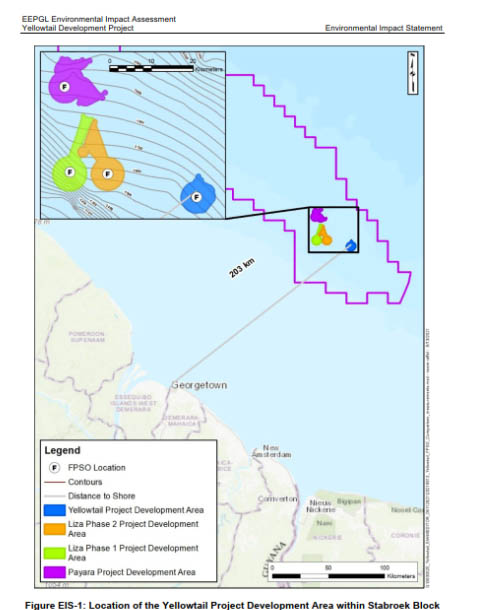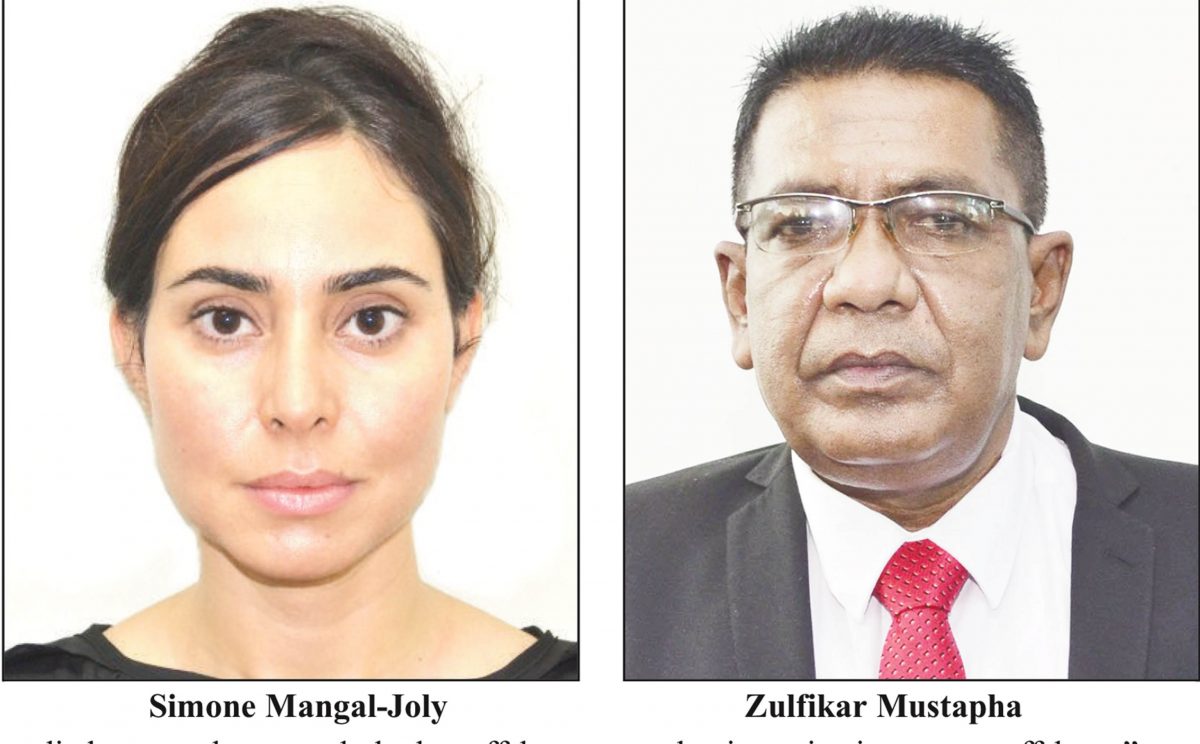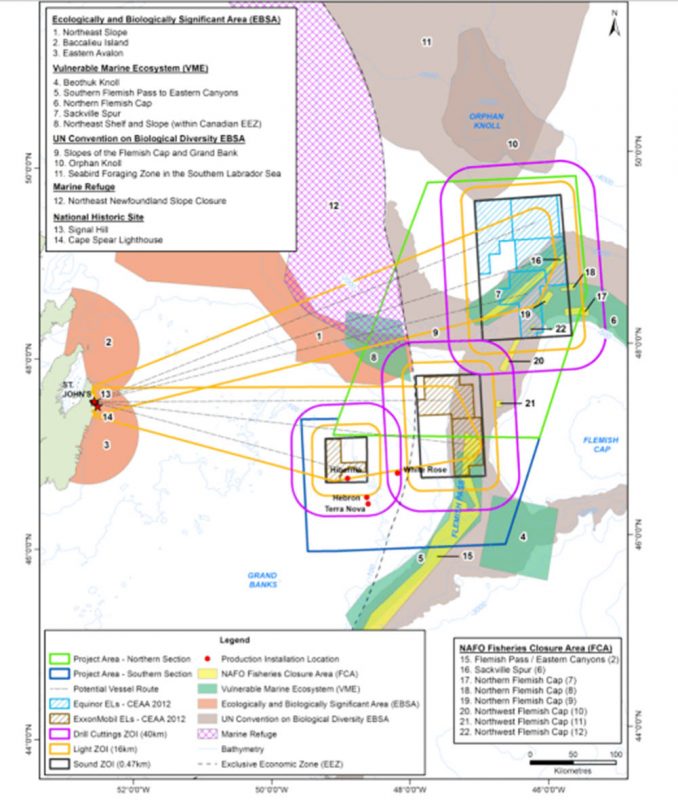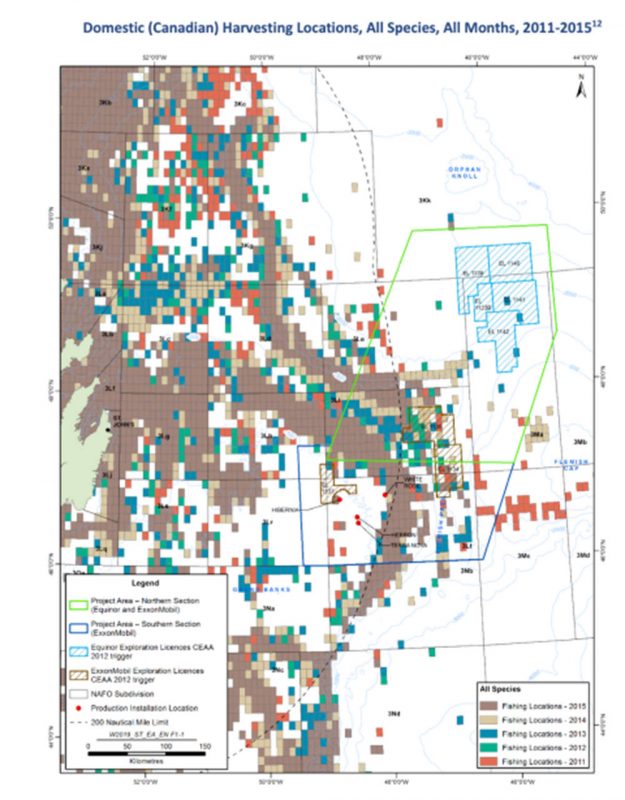Following his claim that the oil and gas industry is not responsible for the low fish catch, environmentalist Simone Mangal-Joly has written to Minister of Agriculture Zulfikar Mustapha requesting the data that led to the conclusion.
On Friday, online publication Demerara Waves reported Mustapha as saying that a recent Food and Agriculture Organisation (FAO) study supported the contention that the oil and gas industry is not responsible for the low catch. He said rather it is climate change that is responsible for the decreased fish supply. He also made this statement to Stabroek News.
In a letter, dated May 21 and addressed to Mustapha, Mangal-Joly said “I urge you to release the study without delay and look forward to seeing the geographical and temporal data sets that provided evidential support for the captioned conclusion. Certainly, a combination of factors such as freshwater plumes during high rainfall events and overexploitation can affect fish availability. However, it would take a well-studied approach to conclude that offshore oil and gas activities play no role. You are no doubt aware that in the past five years or so Exxon Mobil and others have been conducting seismic surveys offshore.”
She reminded Mustapha that Exxon has received four environmental permits from the government thus far for offshore oil and gas production without submitting any information whatsoever showing where valued marine environmental receptors are located relative to drill and production installations, effluent discharges, and ocean currents.
Mangal-Joly said there is no information in Exxon’s Environmental Impact Assessments (EIAs) as to the location of sensitive coral reefs, sponges, fish spawning areas, and seasons during which commercially and ecologically important species spawn. She added that the provision of that important information would guide the management of activities such as seismic gun use at sensitive times of the year. In addition, she bemoaned the lack of information on reproduction and life cycle patterns of important fish and other marine species at different heights of the water column and geographically.
Reiterating an argument she has consistently been making to both the Environmental Protection Agency (EPA) and ExxonMobil, Mangal-Joly said that the EIAs, already submitted and approved, lack information on migratory routes and seasons for key fish and other marine life adding that nowhere can one find the locations of fishing grounds relative to the production activities and routes of numerous offshore service vessels.
ExxonMobil has been producing oil and gas and conducting surveys offshore for some years now and the Government of Guyana has not produced any independent monitoring and verification reports that can give insights on the effects of ExxonMobil’s operations on fish and the fisheries sector.
Pointing to instances, in developed countries, where Exxon produces more in-depth information on its operations, Mangal-Joly provided Mustapha with two maps of activities relative to valuable environmental areas in the EIA that ExxonMobil and partners submitted to the Government of Canada for a permit for the Flemish Pass Exploratory Drilling Project and Eastern Newfoundland Offshore Exploratory Drilling Programme in 2019 – a year midway of its 2015-2021 submissions here in Guyana.
“You would note that ExxonMobil understood fully that a credible impact assessment required identification of where its operations would occur relative to ecologically significant areas as well as the fishing grounds used by fisherfolk. I invite you to compare these maps with the ones ExxonMobil provided to Guyana in all the EIAs conducted to date (an example included) – you will see that Guyana just gets served up a shot of which oil block Exxon Mobil will be operating in.
“…it is impossible for you to sustainably manage Guyana’s fisheries sector if the Environmental Protection Agency continues to indulge ExxonMobil with what appears to be a pathological propensity for ignoring the legal requirements and established standards for the conduct of an Environmental Impact Assessment,” Mustapha was informed.
Identifying the EPA’s continued silence on its reported violation of the Environmental Protection Act when issuing the environmental permit for Yellowtail development, Mangal-Joly told Mustapha that citizens cannot rely on the agency to demonstrate competence, independence, and respect for the rule of law.
“…your revelation that the FAO has determined that the oil industry is not responsible for the low fish catch offshore is a game-changer. Clearly, the FAO has not drawn this conclusion from data provided by ExxonMobil’s EIAs, as such data does not exist. The FAO must have therefore independently studied and acquired the necessary data to draw this conclusion. These studies must have over the years also included the mapping and identification of valuable environmental areas offshore, location of fishing grounds, and impact monitoring and evaluation data.
“By providing the public its report, the FAO can make a significant positive contribution to environmental impact assessment processes for offshore oil and gas activities in Guyana. If perchance Your Excellency has misspoken on this matter, your office and the FAO must publicly clarify this matter, particularly as this issue is the subject of great national debate and importance and the EPA has, albeit illegally, illustrated its significance by including the requirement for a fisheries impact study in the Yellowtail Environmental Permit,” her letter concluded.
Mangal-Joly is one of a number of environmentalists and activists that have been consistently calling on the EPA to mandate ExxonMobil to provide comprehensive data on the effects of its operations on marine life. Thus far, those calls have largely fallen on deaf ears.












